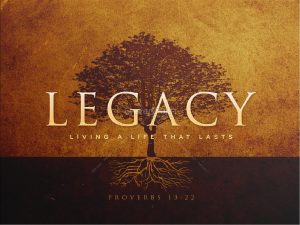 Just as people are remembered for how they treated others, businesses are remembered for how they treated their customers. A founder’s true legacy lives in how leadership continues—or abandons—that philosophy as the company evolves.
Just as people are remembered for how they treated others, businesses are remembered for how they treated their customers. A founder’s true legacy lives in how leadership continues—or abandons—that philosophy as the company evolves.
Before describing the legacies of large companies I want to describe a small business; my father’s company Northampton Hardware Co. This was a family business passed from my grandfather to my father and located in the south end/Roxbury section of Boston. The area was low income with several factories and the population was diverse with more people of color than white. The core values and customer philosophy were treat all people with respect; this related to staff as well. The power of this was revealed in 1968 during the riots that sadly struck many cities. My father was told by the organizers that if he didn’t close the day of the planned riots they could not guarantee his safety. My father told them he appreciated their honesty but this was his community and he was staying open. During that day and subsequent incidents nobody harmed my father, his staff or the building. Others in the area were not so lucky and had damage and looting. The community knew he was a man of his word and respected everyone and expected them to do the same
The key for me is customer philosophy and how leadership drives innovation that protects or transforms that customer experience and maintains the brand. The customer experience is what will drive your legacy. In today’s world with the internet that experience is broadcasted everywhere.
Think about your priorities in terms of what factors will drive your legacy.
-
Core values?
-
Leadership style?
-
Customer philosophy?
-
Risk tolerance?
-
Innovation level?
-
Brand personality?
You want customers to trust you and your products. Remember the Tylenol scare in the 80s? We trusted Johnson & Johnson and they did the right thing by taking immediate action which cost them $100 million.
Unlike Johnson & Johnson Nestle lost major trust by convincing low and middle class mothers to buy their formula instead of breast feeding which led to an increase in infant mortality in many countries.
What will your brand represent? What is your customer’s experience? This is how you create the legacy for your business. This is how you will be perceived.
It would be a benefit to others to learn what factors drive your legacy. Please share in the comments
Recent Comments